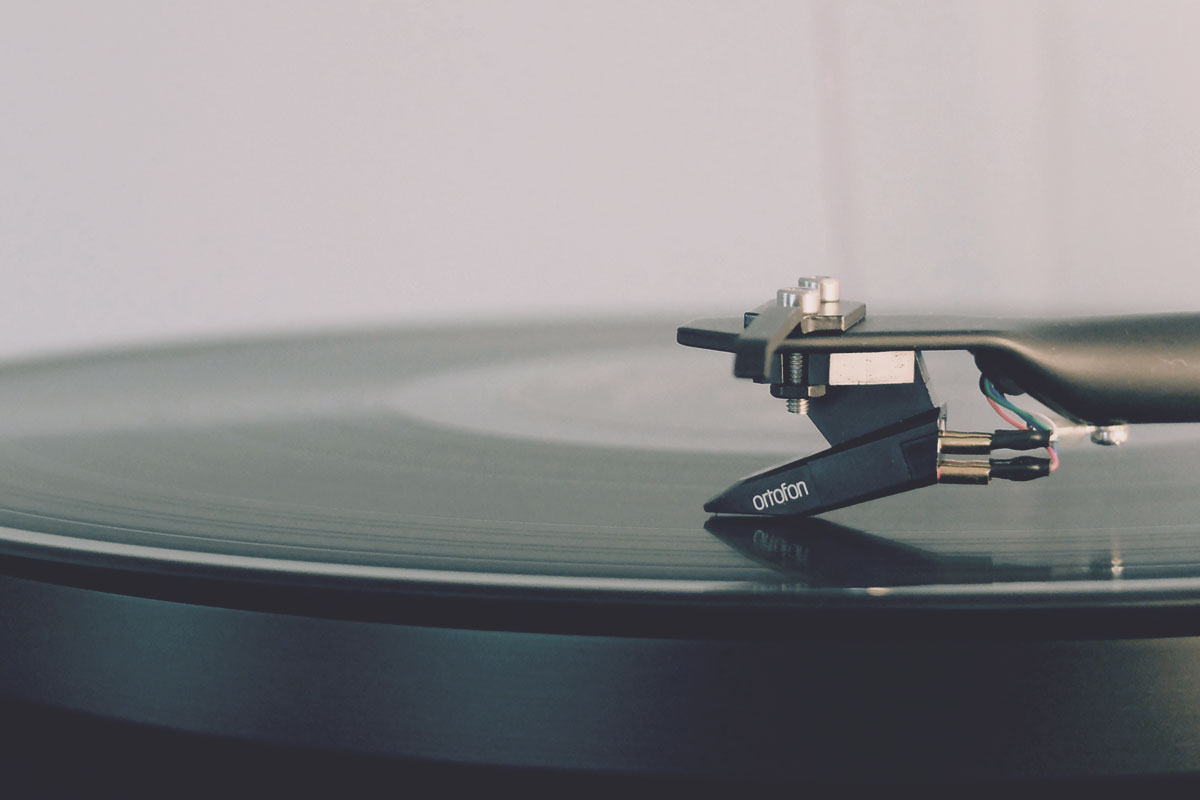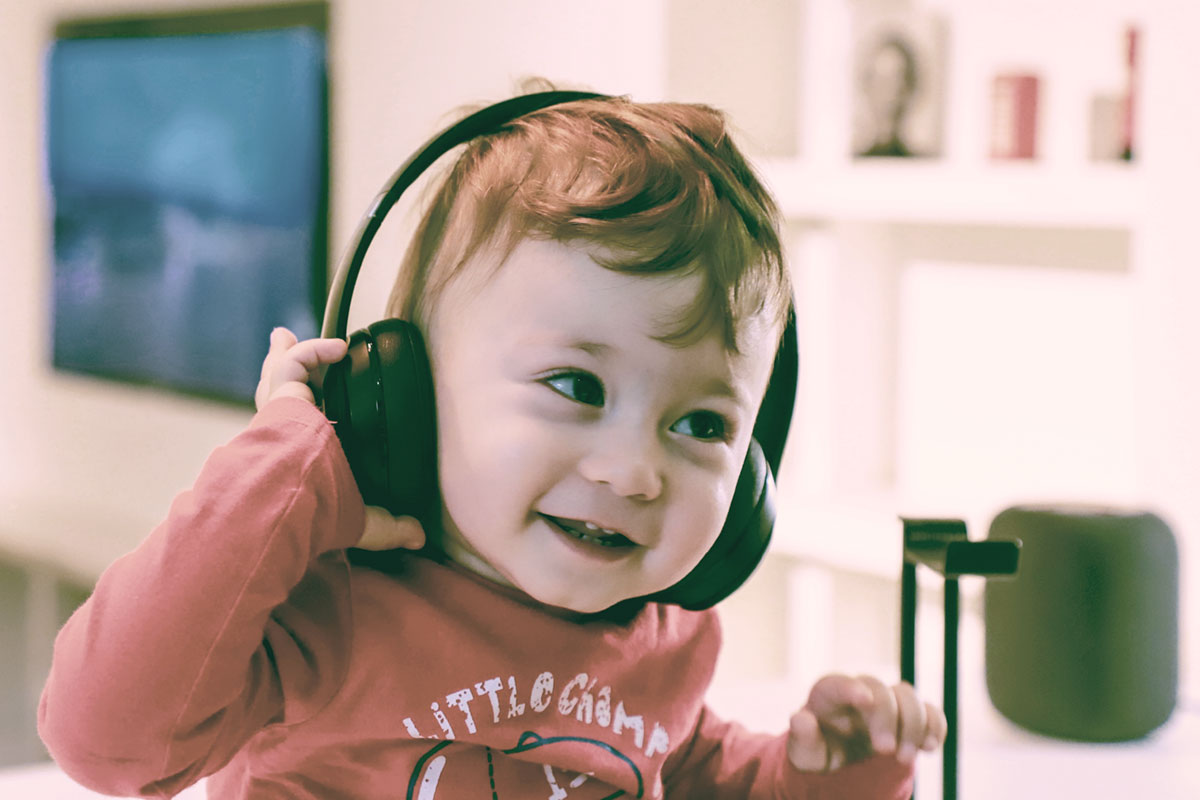The Healing Power Of Music

Molly Davis is the co-founder of Quidwell where she assists…
When I’m driving. When I’m working. When I’m cooking. When I’m showering. When I can’t get to sleep. First thing every Friday morning when I wake up….I’m listening to music. Fear of silence? Maybe. More so a strong joy and emotional pang that music gives me, enhancing even the blandest of experiences like shampooing my hair.
I’ve been known to cry at a good duet or sappy love song (Austin by Blake Shelton), and get butterflies of nostalgia when I hear a song that pulls me back to the past (Baby, Baby by Amy Grant, or really any Dixie Chicks song). And I know I’m not alone. So, what is it about music that deeply moves us?

The Background
A 2013 study in the Journal of Positive Psychology found that people who listened to upbeat music could improve their moods and boost their happiness. Listening to happy music elicits happiness, which may seem waning once that 2.5 minutes is up. But when listened to consistently, it can actually effectively make changes in just two weeks.
Conversely, a study published in the Journal of Consumer Research, found that people tend to prefer sad music when they are experiencing a deep interpersonal loss, like the end of a relationship. The authors of that study suggested that sad music provides a substitute for the lost relationship. They compared it to the preference most people have for an empathic friend — someone who truly understands what you’re going through.
Music is more than just a friend to lean on during good times and bad. Music can be seen as therapeutic. In fact, there’s such thing as Music Therapy as treatment for a variety of health issues.

“Music therapy is a creative arts therapy, consisting of a process in which a music therapist uses music and all of its facets—physical, emotional, mental, social, aesthetic, and spiritual—to help clients improve their physical and mental health.”
This is nothing new. In fact, it can be traced all the way back to the writings of Aristotle and Plato. The profession formally began after World War I and World War II when musicians would visit Veterans in the hospital to play for the thousands of vets suffering from physival and emotional trauma. The patients’ reported “notable physical and emotional responses to music”, which resulted in the continued request from doctors and nurses to bring these musicians into the hospitals to aid in the healing process.
Catherine Ulbricht Pharm.D. wrote an exceptional article for Psychology Today on how musical therapy affects health and wellness, which can be read in more detail here. She explains the 5 common conditions that are treated with music therapy: Autism, Dementia, Depression, Infant Development, and Sleep Quality.
To summarize, music heightens the interest and response in people with autism spectrum disorder, which can help teach communication skills and normal developmental processes. For people suffering from dementia, music therapy has helped reduce aggressiveness and frustration, reduce symptoms, improve mood and cooperation with daily routine tasks like bathing, and can decrease the risk of heart and brain diseases in elderly patients.
For those suffering from depression, evidence shows that music therapy may help increase the responsiveness to antidepressant medication. In depressed adults, music therapy may lead to reductions in heart rate, respiratory rate, blood pressure and depressed mood.

For infant development, there’s evidence that playing music to the womb (think: headphones around the belly) may lead to children being more responsive to music after birth, and may affect their moods when they make their big debut. Calm music may help them be more relaxed. It may also help them with their feeding, weight gain, tolerance of stimulation, reduced heart rates and deeper sleep.
Lastly, music may help provide a higher quality of sleep for older adults, elementary-age children and infants.
My Experience
Personally, rather than listening to music to alter my mood, I like to listen to music that matches my mood. Sometimes when I’m feeling down, a depressing country ballad about love lost is just what the doctor ordered.
Oh, and why do I listen to music first thing on Fridays? Spotify releases new music on Friday mornings (as do most artists), and if you have a subscription, they know what you like so serve up new music you like. As if you needed more reasons to love Fridays.
Molly Davis is the co-founder of Quidwell where she assists women in finding their personalized version of health. Outside of Quidwell, she is an account manager for a local boutique social media agency where she helps businesses grow through creative practices and influencer marketing partnerships. A self-diagnosed fitness junkie, it’s hard to find a fitness class that Molly does not enjoy: from boxing to weight training, dance to yoga. In her spare time, you’ll find Molly bopping around town to various studios, hanging out at a local coffee shop, or exploring the latest restaurants with healthy eats.


